Controversially, some manufacturers have taken advantage of the “Made in U.S.A.” label in recent decades. When most consumers see this designation, they assume that the vast majority – if not the entirety – of the product was made inside the United States. They like to purchase goods with this designation due to beliefs of higher quality, a desire to support domestic companies and jobs, or a combination of the two. Unfortunately, due to increased globalization, it has become more difficult to define what is truly “Made in the U.S.A.”
Many goods are assembled in the United States from imported parts. Therefore, while the product may seem American-made, it may not support nearly as many domestic jobs as consumers think. This can be especially true when it comes to manufactured food, as food products are often not branded and can be relatively indistinguishable by country of origin. Some packaged food may be sold by an American company…but the food inside is actually imported from elsewhere!
“Made in U.S.A.” for Manufactured Foods
The American Farmland Trust nonprofit, which supports U.S. farmers, has created a new designation to help consumers determine which manufactured foods are truly American-made. This new “U.S. Farmed” label will first be seen on cans of Anheuser-Busch domestic beer (Busch Light, Budweiser, Bud Light, and Michelob Ultra), guaranteeing that these beers were made using American-grown hops and fermentable grains. Ideally, this will benefit domestic farmers, many of whom have been suppliers of Anheuser-Busch for generations.
Support for American farmers will be vital over the next few decades as many Baby Boomer and older Gen X farmers retire, putting up as much as 30% of U.S. farmland for potential use changes over the next fifteen years. If domestic farmers lose out to imported agriculture, a chunk of this 30% could permanently exit the market, leading to future higher prices due to decreased production. To maintain our nation’s bounty of strong agricultural production, we need to make sure that American farmers remain in business.
Designation Would Require Food to be 95%+ American-Farmed by Weight
The dry weight (water excluded) of food products bearing the “U.S. Farmed” label would have to be at least 95 percent American-grown. This will limit country-of-origin fraud by setting a firm floor on the ratio of the finished product that must be sourced domestically. And, to aid American farmers, it is a high ratio! Companies will not be able to get away with enjoying the higher prices commanded by a “U.S. Farmed” designation by only using a simple majority of American-made inputs. Those companies that do support American farmers will have to receive product certification from the American Farmland Trust to use the “U.S. Farmed” designation.
Hopefully, the use of this designation will become extremely popular and spread to many branded products, such as fast food. Restaurant chains that can put the “U.S. Farmed” designation on their menus will likely increase in popularity with consumers and may even become eligible for certain tax credits. Keeping domestic farmers in business will pay long-term dividends for all Americans through guaranteed low prices on food, nutritional security during crises, and support for friends and allies who may need American food exports during their own emergencies.

